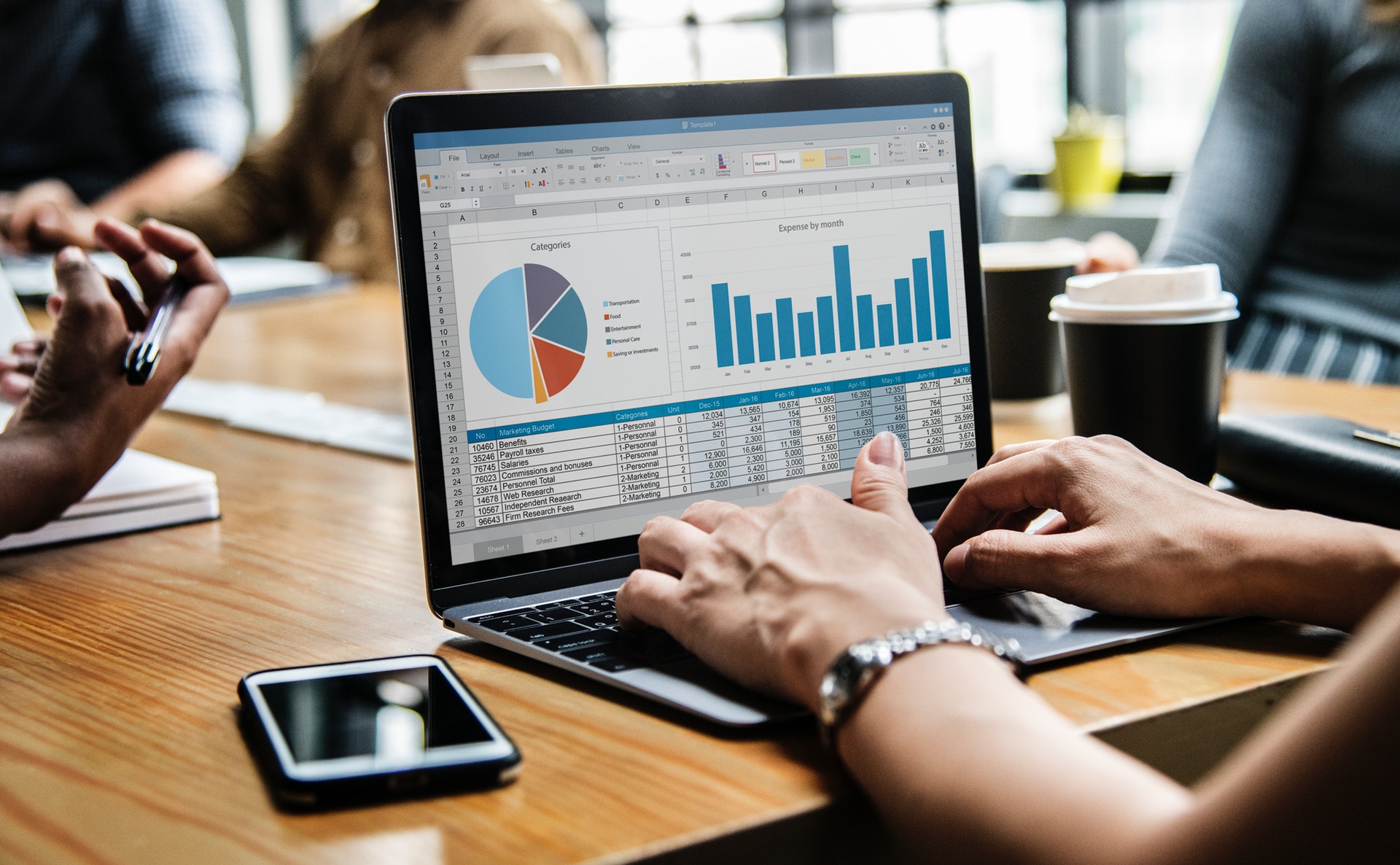Self-assessment is an extremely important time of year for accountants, so much so that Christmas and New Year’s festivities often take a back seat.
If an individual is outside of the PAYE (Pay as You Earn) scheme, or has received any additional untaxed income on top of their PAYE, then they will be required to complete a Self-Assessment Tax Return. There are numerous circumstances that would require one to submit a tax return, including those who have an annual income exceeding £100,000, if you have received taxable foreign income in excess of £300 a year, or if you receive £10,000 or more from taxed savings and investments. If this applies to you, then following these simple practices can ensure a (relatively!) stress-free end of financial year.
Getting into good habits is vital. Keeping accurate, up-to-date records of your finances as soon as you start your business, and continue throughout the year, will be a massive benefit when it comes to your self-assessment tax returns. Also ensure that you get to grips with accounting software, such as FreeAgent, early on, as automated recording keeping will make your life much easier.
Carry out monthly financial reviews. As good as financial software can be, double checking all of the figures yourself is a great idea. Compare your income and expenditure with your bank statements; doing this once a month can help you to spot and rectify and errors, and ensure that all of the figures you send to HMRC at the end of the year are correct. Finding and fixing errors monthly is a lot easier than going through your entire financial year.
Complete your self-assessment with plenty of time. Although the deadline for self-assessment forms is January 31st, it is generally considered good practice to ensure you are fully prepared for the self-assessment well in advance of this deadline. If you are late for the deadline, you are likely to incur an immediate £100 penalty. You don’t want to be adding one of these to your next self-assessment!
Be aware of those expenses which you are entitled to claim. It is very easy for one to assume they are entitled to numerous expenses, and claim them back, however ensuring that you are claiming for the correct expenses can be very beneficial; the penalties for false claims can be severe.
Don’t forget about alternate sources of income. Just because you are filing a self-assessment for your business, HMRC will still want to know about your other sources of income. This could include interest on a bank account, renting out a property, or a second job. This is where keeping monthly financial records can be useful.

I must say, a must-read guide for every business owner. I tried to set everything up as it was written. Thanks for sharing.
Regardless of your business niche, this information is a must know to have for every business owner. Thank you again for sharing.